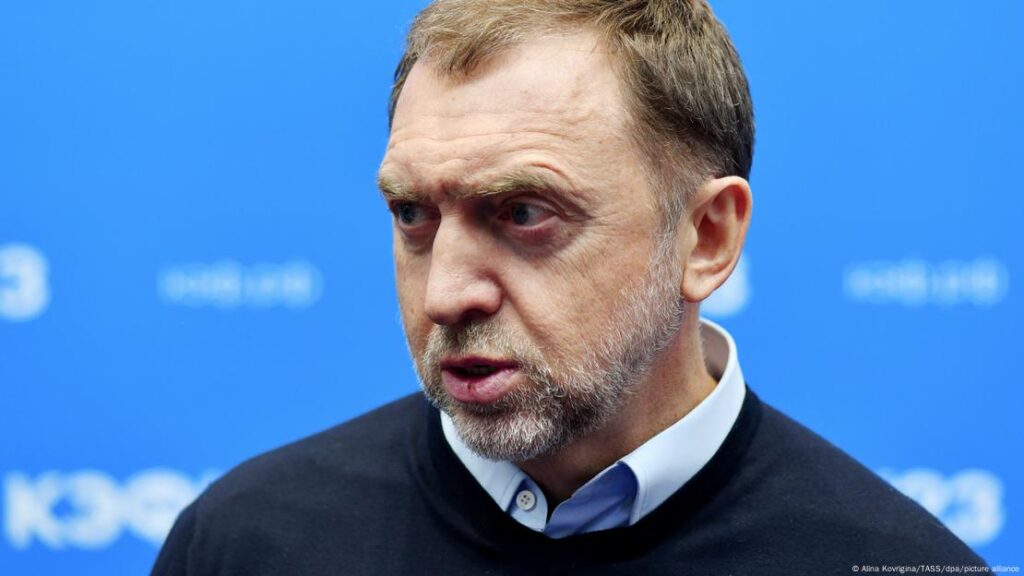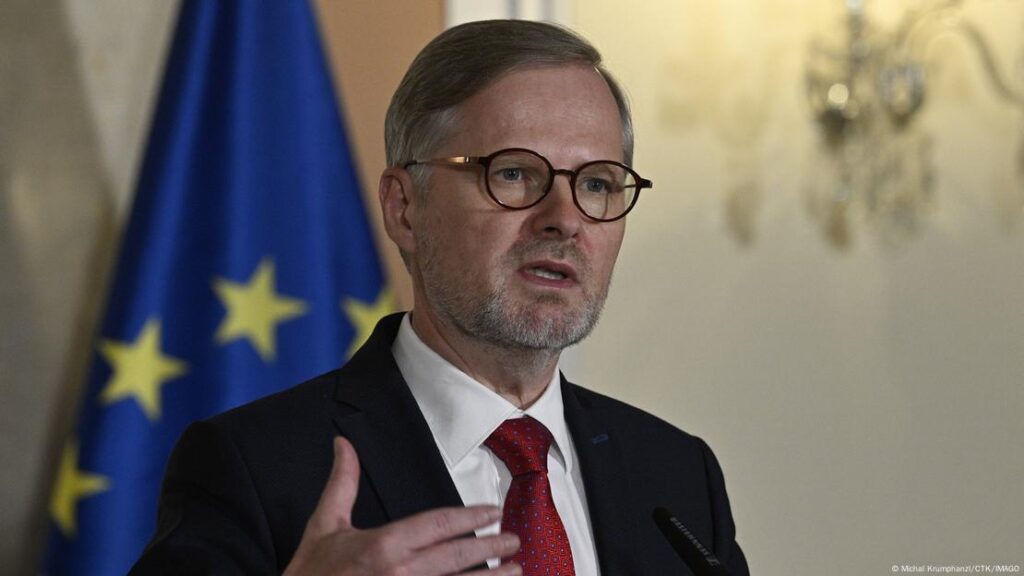The Czech Republic is struggling to mitigate risks associated with a disproportionately high number of Russian-linked companies operating within its borders, according to recent research and government reports.

A study by international ratings agency Moody’s reveals that Czechia, with just 2.4% of the European Union’s population, hosts over a quarter of the 46,000 Russian-linked firms in the 27-nation bloc. This concentration far exceeds that of larger economies like Germany, which ranks third with 4,200 such companies.
Pavel Havlicek, an analyst at Prague’s Association for International Affairs, attributes this trend to historical political and business ties forged under Communism, linguistic proximity, and regulatory loopholes. The ongoing war in Ukraine has further contributed to this influx, with business ventures or property purchases offering a path to Czech residency permits for Russians.
Czech Prime Minister Petr Fiala recently warned of the security implications, stating, “We cannot avoid a deeper discussion on how to approach those countries where Russian influence has reached a level that threatens not only the unity of the EU or NATO but also our security.”

The Czech counterintelligence agency BIS has long cautioned about internal threats, expressing concern that the high number of Russian-owned companies “does not contribute” to national security. Major worries include the potential for espionage, sanctions violations, and money laundering activities.
Lukas Kraus, a lawyer for the NGO Reconstruction of the State, highlighted the economic impact, noting that money laundering “is helping to disrupt the economy,” particularly in the housing market where property prices have become unaffordable for many Czechs.
The risks extend beyond Czech borders due to the country’s export-dependent economy and strong links with other EU nations, particularly Germany. A report by Prague-based think tank Datlab found that Russian-owned companies, including some linked to sanctioned individuals, secured €2.5 billion ($2.76 billion) worth of public contracts across the EU in 2023 despite sanctions.

While the Czech government has taken steps to address these issues, including establishing its own sanctions regime, critics argue that problems persist in regulations regarding transparency and enforcement. Datlab estimates that only 35% of likely Russian-owned companies are correctly recorded in Czech registries.
Ondrej Kopecny, head of Transparency International CR, criticized the government’s approach, stating it has failed to establish “long-term strategic and effective solutions or improve the enforcement of existing rules in the name of promoting transparency.”
In response to inquiries, a spokesman for the Ministry of Industry and Trade stated that the ministry “has been monitoring the situation… over the long term” and reviews investments that pose potential security risks.
As Czechia continues to navigate this complex issue, balancing economic interests with national security concerns remains a significant challenge for the government.
dw.com



